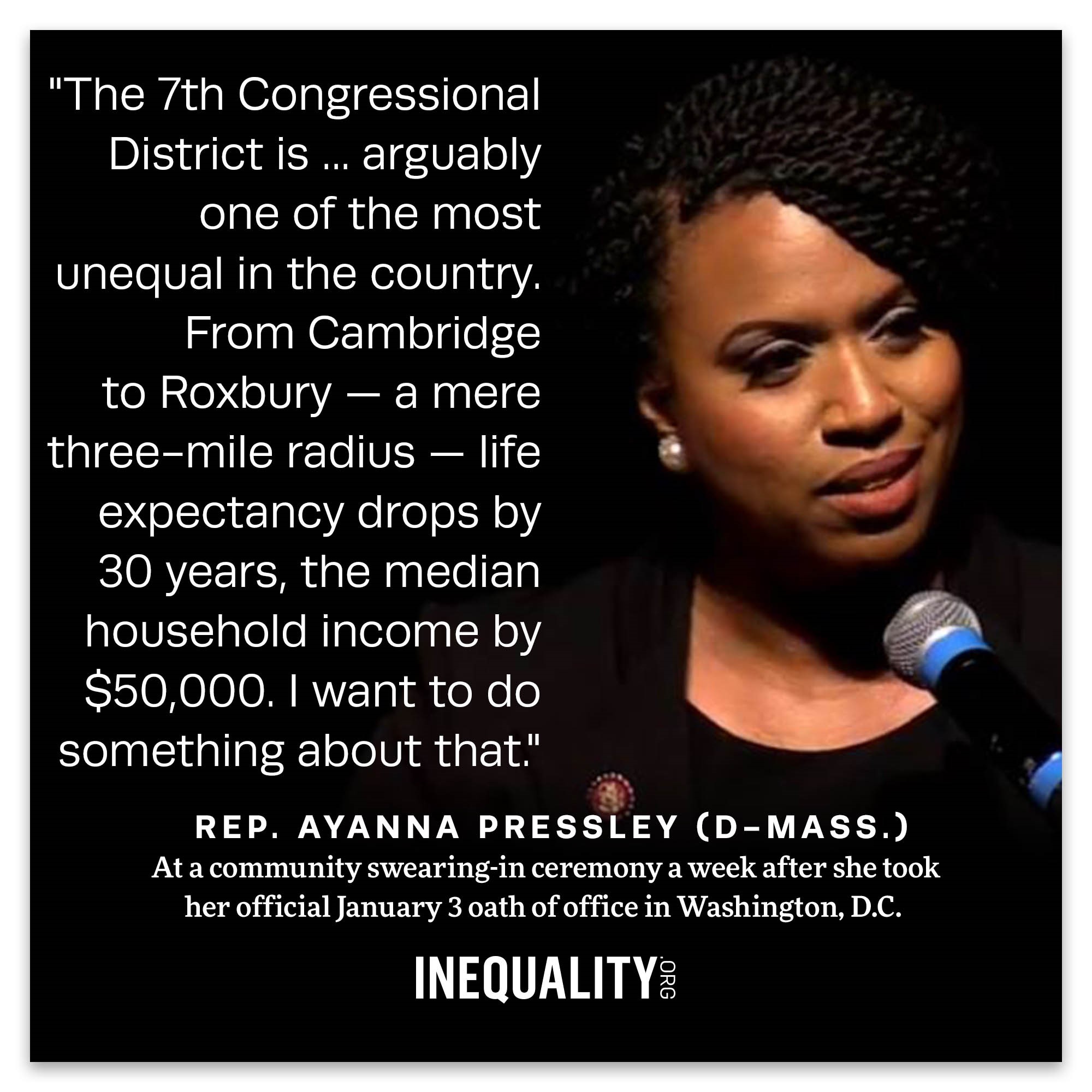Speaking to Power Festival Calls for Global Solidarity to End the Age of Greed
 As the world’s corporate and political elite cozy up to each other at anexclusive Swiss ski resort, there will be gatherings around the world of a very different sort. The World Economic Forum’s annual meeting in Davos has now become as much a rallying cry against inequality as it is an opportunity for the 1 percent to feign concern for the rest of us.
As the world’s corporate and political elite cozy up to each other at anexclusive Swiss ski resort, there will be gatherings around the world of a very different sort. The World Economic Forum’s annual meeting in Davos has now become as much a rallying cry against inequality as it is an opportunity for the 1 percent to feign concern for the rest of us.
Increasingly, communities are mobilizing as anger about shocking levels of inequality grows. From Delhi to Dandora, thousands will gather in slums and towns in more than 30 countries across the world – in contrast to the opulence of Davos–to put forward their solutions to extreme inequality.
Here in London, at The Equality Trust, we were delighted to hold the inaugural Speaking to Power Festival with The Playground Theatre, which has worked closely with survivors of the terrible Grenfell fire tragedy. We gathered in Kensington and Chelsea, London’s wealthiest and most unequal borough, bringing together children and workersf rom local schools, musical and theatrical groups, health workers, poets, activists and filmmakers to stand in solidarity with people around the world and to demand a fairer future for the UK.
Our festival is part of the global Fight Inequality Alliance Week of Action meant to coincide with, and counter, the meeting of the world’s rich and powerful at Davos by calling for an end to “the Age of Greed.” The Fight Inequality Alliance is a growing global movement comprised of trade unions, grassroots campaigners and leading international and national non-profit organizations.
Jenny Ricks, global convenor of the Fight Inequality Alliance, stresses the gendered dimension of inequality. “Women, especially women of color, are the hardest hit by rising economic inequality: they are the workers in the most precarious employment; they suffer the most from cuts in public services; much of their work, paid and unpaid, is not recognized and rewarded. Whilst men at Davos have lots of warm words about women’s empowerment, they are the same people who push for corporate tax exemptions which take away resources needed to advance equality.”
Our festival started with a ‘craftivism’ session for young people and children, to encourage them to think about their vision for a fairer future and their ideas for tackling inequalities. They helped create a solidarity quilt, to be featured alongside student activist art on gender and an installation on race from our first cohort of Young Equality Campaigners.
The Chickenshed Theatre ran a workshop for children and parents based on “Dreams of Freedom,” their collaborative project with Amnesty International, that used drama to help children express their hopes for the future. The workshop tied in with an inspiring performance later in the evening from Christopher Tajah, whose one-man show “Dream of a King” explores the life of Martin Luther King. Luke Espiritu, the Labour Leader at the Solidarity of Filipino Workers discussed how private finance in development strips the most vulnerable countries of tax revenue, aid grants and adequate and appropriate public services.
Perhaps most moving was the screening of My Grenfell Year, along with a discussion on the lack of justice achieved by survivors over a year later. The conversation brought real insight into the devastating effects of inequality on human lives, and the reluctance of the elites to tackle inequality, even after witnessing one of the starkest examples of its deadliness in our time.
We began 2019 determined to step up our fight against inequality. This year, the United Nations will review the sustainable development goal to reduce inequality within and between countries. Meanwhile, at the Equality Trust, we plan on continuing our work, including our Young Equality Campaigners program, our Close the Gap Mental Health Alliance, our dashboard on CEO pay ratios and gender pay gaps, all while we develop our UK network of local groups and shine a light on inequality here in the UK.
It’s clear that inequality is damaging our society and that people want action. While the average UK FTSE 100 CEO takes home 133 times the salary of the average worker, it’s clear that the system is broken. We in London are joining those in Manila, Jakarta, Delhi, Nairobi, Guadalajara, and other cities across the globe to mobilize for a fairer future.
***
Reposted from Inequality.org

